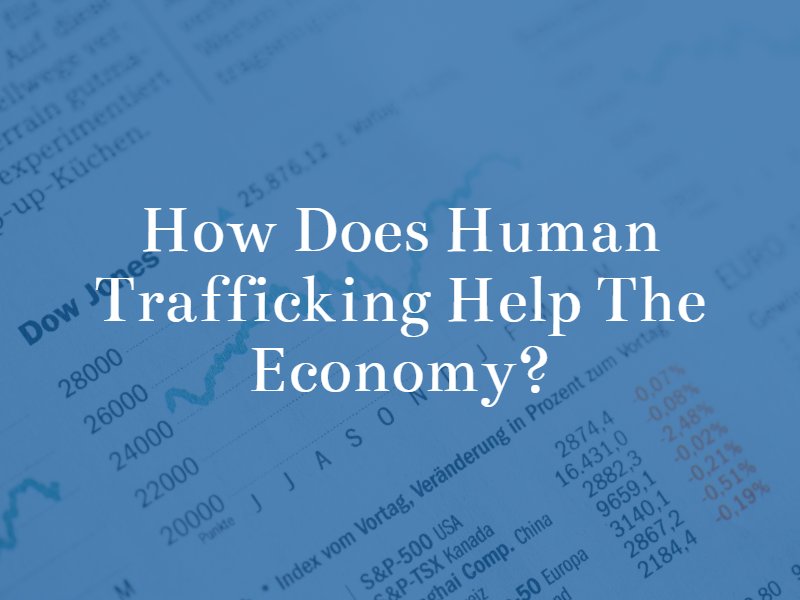A Voice for the Voiceless
The Dunken Law Firm is committed to helping each client find their voice and recover what has been lost.
START MY FREE CONSULTATIONMarch 11, 2020 | Human Trafficking
Human trafficking is estimated to generate around $150 billion annually. It is one of the fastest growing sources of income for organized crime, exceeded only by drugs and arms trade. This horrific act of modern-day slavery continues to thrive around the globe, due to the little risk involved and the enormous profits.

Most of the money produced from human trafficking goes untaxed, which means it is not benefiting the community. Fair competition can also be affected by traffickers investing in legitimate businesses to launder money and disguise their crime.
Governments are left spending resources and millions of dollars on preventing, treating, and supporting victims of human trafficking. That includes, for example, costs for developing strategies, and empowering local leaders to contribute to anti-trafficking efforts and increase awareness. There is also the costs to the police who investigate and collect evidence of suspected human trafficking, as well as apprehending and prosecuting the offenders. Then there are the criminal court, prison, probation, and other government services’ costs. Successfully prosecuting traffickers and confiscating their income and assets may offset some of the costs, but rarely is it enough.
Child labor and commercial sexual exploitation of children can also result in entire generations of adults being unable to work. Due to suffering severe trauma and potential illness from years of abuse, previously tormented adults may have to depend on the government welfare systems for their survival. When trafficking victims are able to work and take part in the economy, they often have a difficult time obtaining a job since they are typically seen as criminals by the law.
There are several reasons why human trafficking is such a profitable crime and becoming more prevalent. Criminal groups are often able to act comfortably, as there is:
This means that traffickers can count on making a lot of money with little fear of any legal consequences. It is shocking how few offenders are prosecuted and punished for their crimes. Additionally, they have the ability to sell human beings multiple times, whereas products such as drugs can only be sold once. This is what’s known as a high reward, low risk dynamic.
Of the $150 billion in profits made each year from human trafficking, more than one-third are from forced labor, whereas the remaining two-thirds are from commercial sexual exploitation. On average, $21,800 can be generated by each sexually exploited victim.
The following are a few of the many actions that can be taken in an effort to combat the factors fueling human trafficking:
The human trafficking lawyers at the Dunken Law Firm are committed to assisting survivors pursue civil action against their offenders. Contact us today for a free legal consultation.